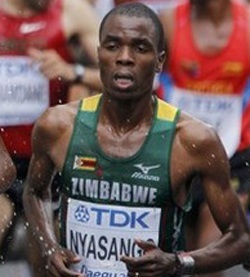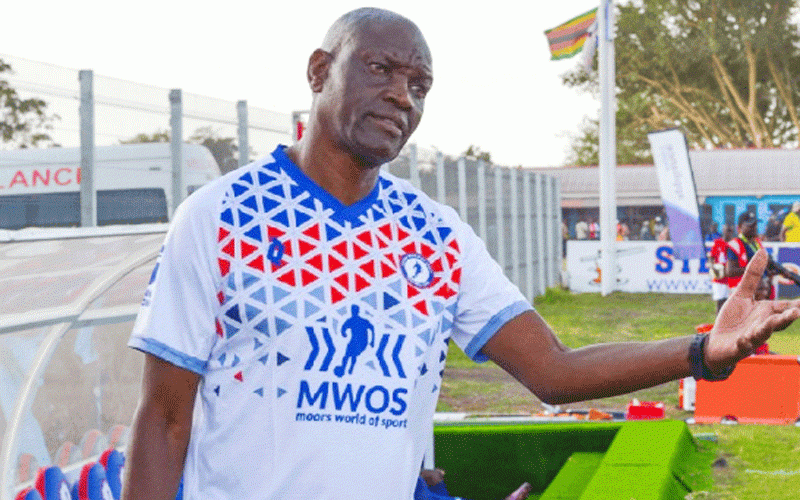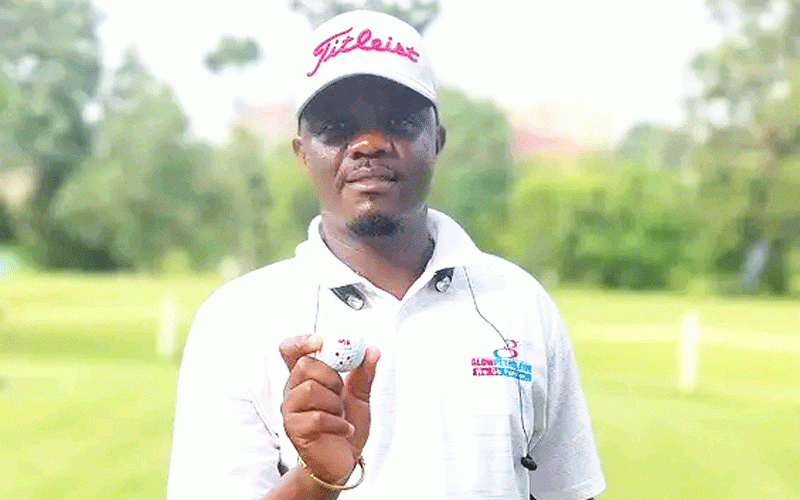
BY MICHAEL MADYIRA After writing his own piece of history at the just ended 2012 London Olympics, Zimbabwean marathon runner Cuthbert Nyasango relishes another dance with the Games in 2016. With all the nation’s medal hopes pinned down on swimmer Kirsty Coventry, Nyasango nearly brewed a shocker by crossing the finishing line on a respectable 7th position to record the best ever marathon finish by a Zimbabwean at the quadrennial global sporting fiesta.
The 42 km race had 105 men, including more fancied athletes competing.
Beating Tendai Chimusasa’s 9th spot finish at the 2000 Sydney Olympics, Nyasango ran home in a time of 2:12:08 hours, which was four minutes behind eventual winner Steven Kiprotich of Uganda.
The runner, who turns 30 next month, feels he still has unfinished business at the Games whose next edition is in Rio de Janeiro, Brazil, where he is already aiming for at least a bronze medal.
“I will be 34 years-old in 2016 and that is still a good age in marathon running. From what I experienced in London, at least a bronze medal is realistic next time,” said Nyasango.
“I think I will do better in Rio because I learnt some vital lessons in London. When Steven Kiprotich went about two minutes ahead of me towards the end of the race I realised it was now too late to catch up with him.”
In the run up to the games, Nyasango was training with 31-year-old compatriot Wirimai Juwawo who finished in 15th place.
Their training locations were in Norton, Chishawasha Hills and Mazowe.
- Health workers’ grievances should be urgently addressed
- Salary talks deadlock … as doctors, nurses endorse strike
- Athletics team buzzing after Mauritius heroics
- Ziyambi defends Health Bill
Keep Reading
Drawing from his London campaign, Nyasango, who is not attached to any athletics club, has joined the growing chorus of lobbying for government and corporate support in sport.
“It is not fair to expect medals from athletes when there is no investment in sport. This is the right time to start investing in preparation for the next Olympics.
“People just watch those two hours of racing and forget to take into account the material and financial resources invested on individuals for that competition. One needs at least US$3 000 and about three months to prepare for one marathon.
“There should be a vehicle following you when you are training, and as well as a physiotherapist and a fully-equipped medical kit.”
Sharon Tavengwa, another Zimbabwean runner at the Olympics, did not finish the women’s marathon race.
In rowing, Micheen Thornycroft became Africa’s top women’s single scull rower despite her Olympics campaign ending in the semi-finals.
Now rated 14th in the world, the 25-year-old said she emerged from the games stronger and would be vying for gold if she qualifies for the games’ next edition.
“I am happy with the way I performed in London though I did not expect to get a medal but next time I will be aiming for gold,” said Thornycroft.
Another rower, Jamie-Fraser Mackenzie, fell by the wayside as early as the heats in the men’s single sculls. Despite having competed at the Beijing Olympics four years ago, triathlon Chris Felgate, finished on a disappointing position 52nd ahead of just two others.
As the USA is busy counting their medial haul and reeling from the hangover of a beautiful London 2012 outing, Zimbabwe begins a soul searching journey to correct mishaps that have denied the country medals in major competitions.











